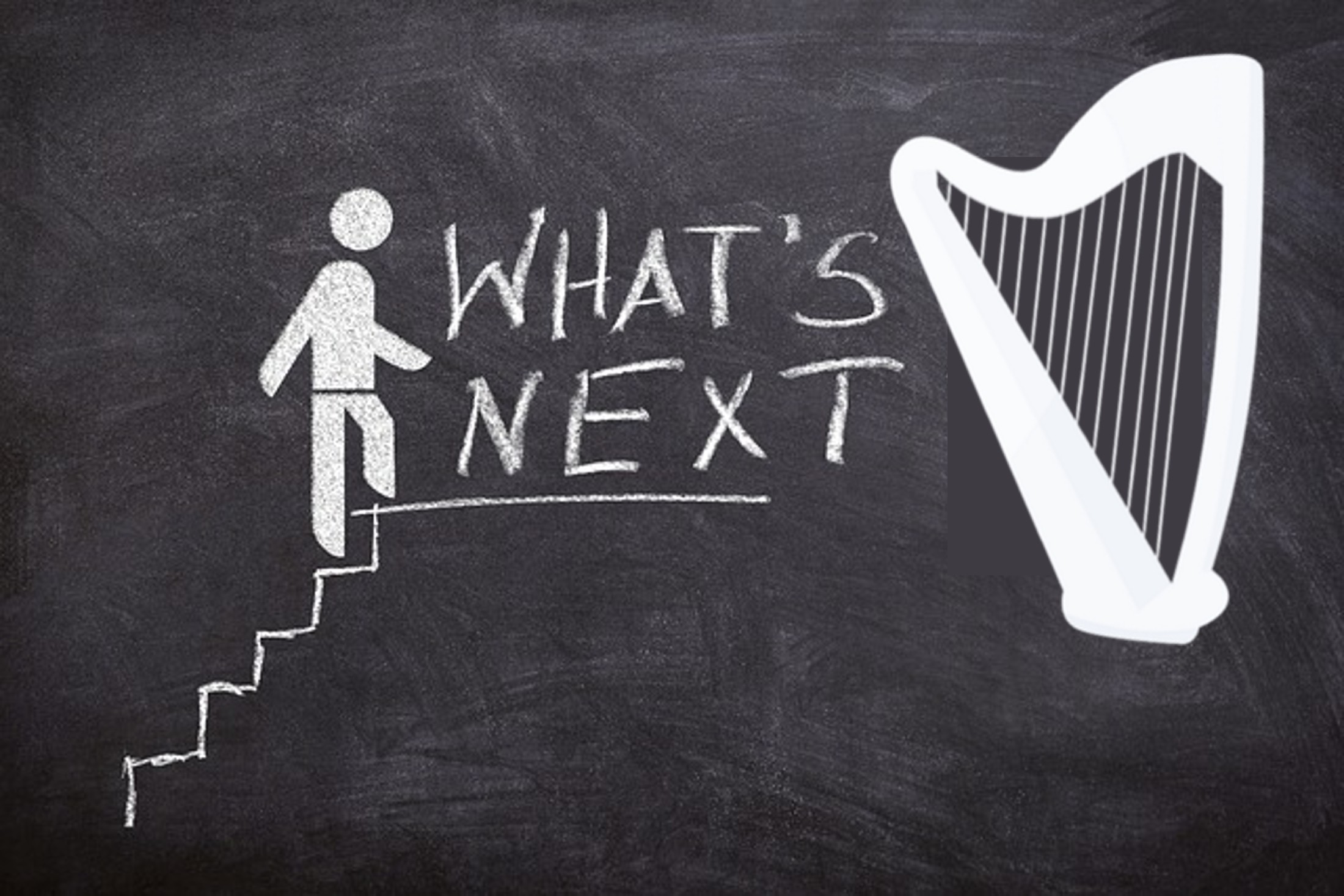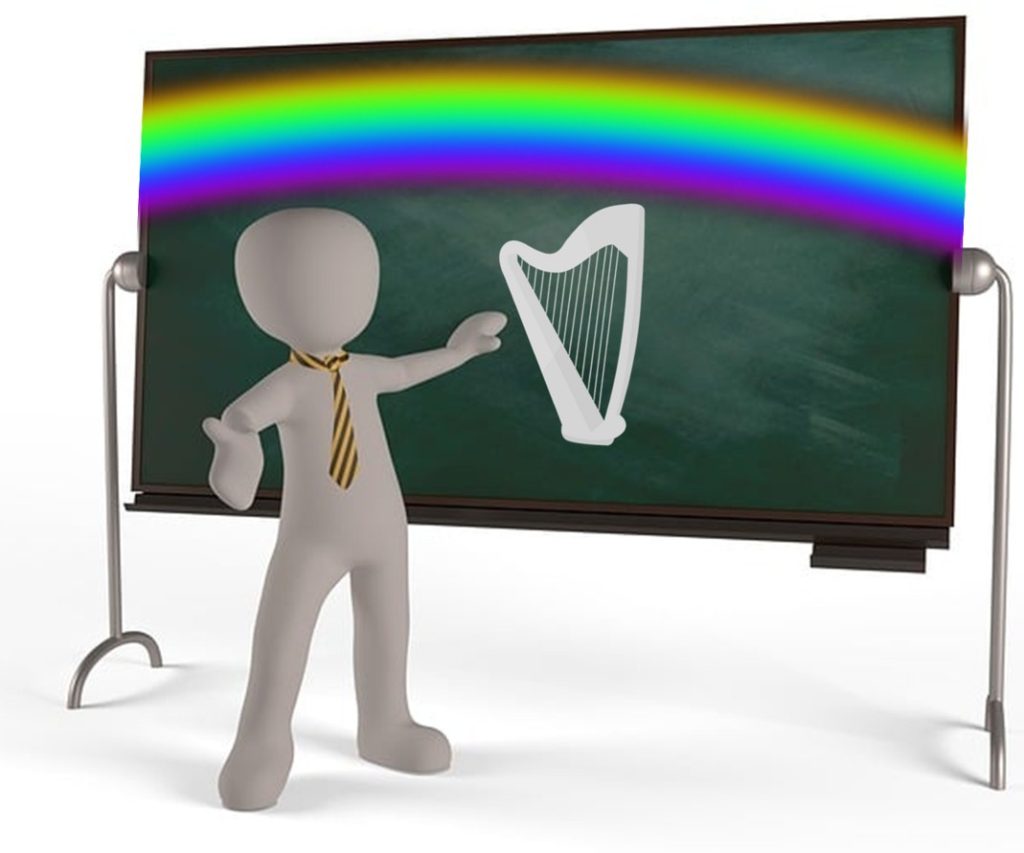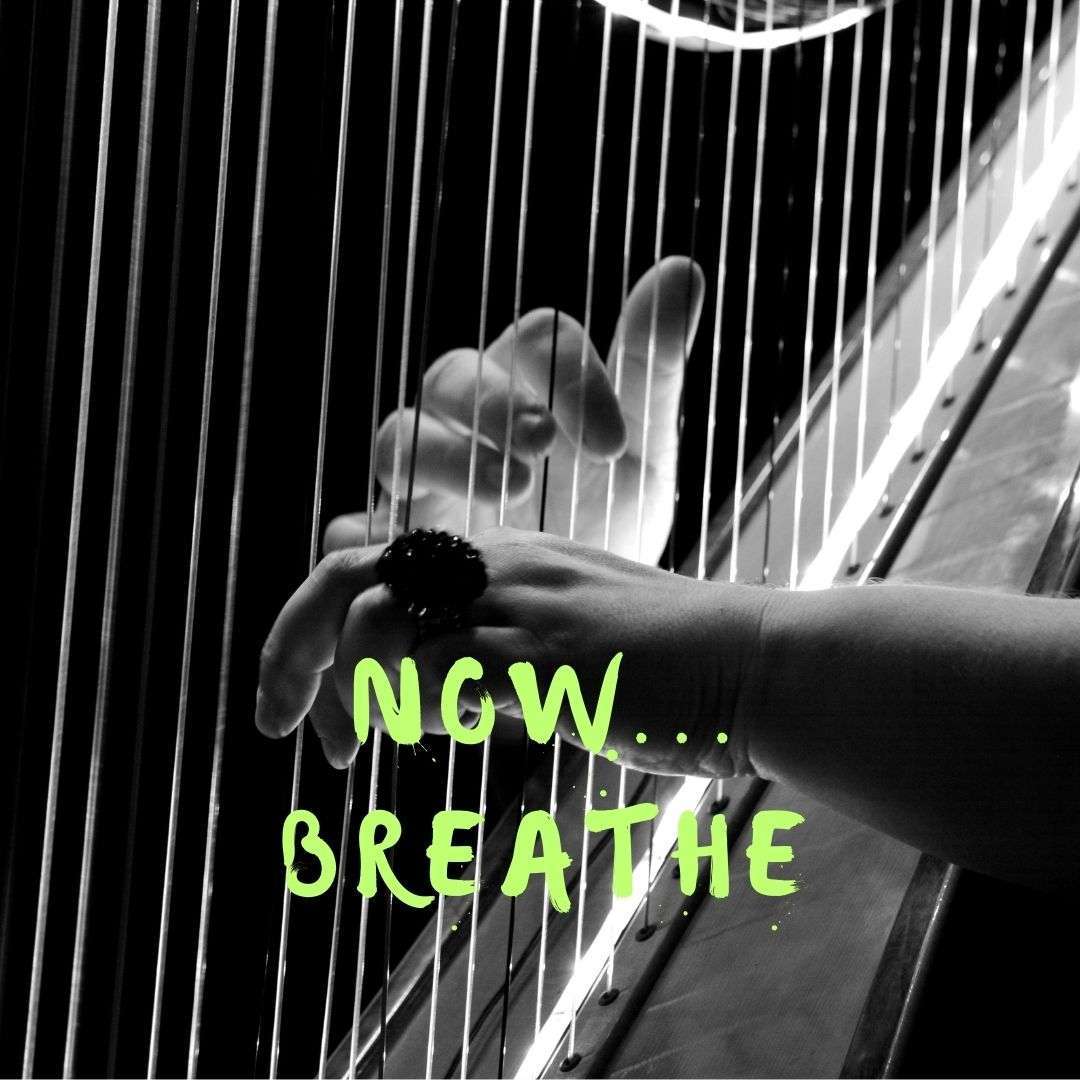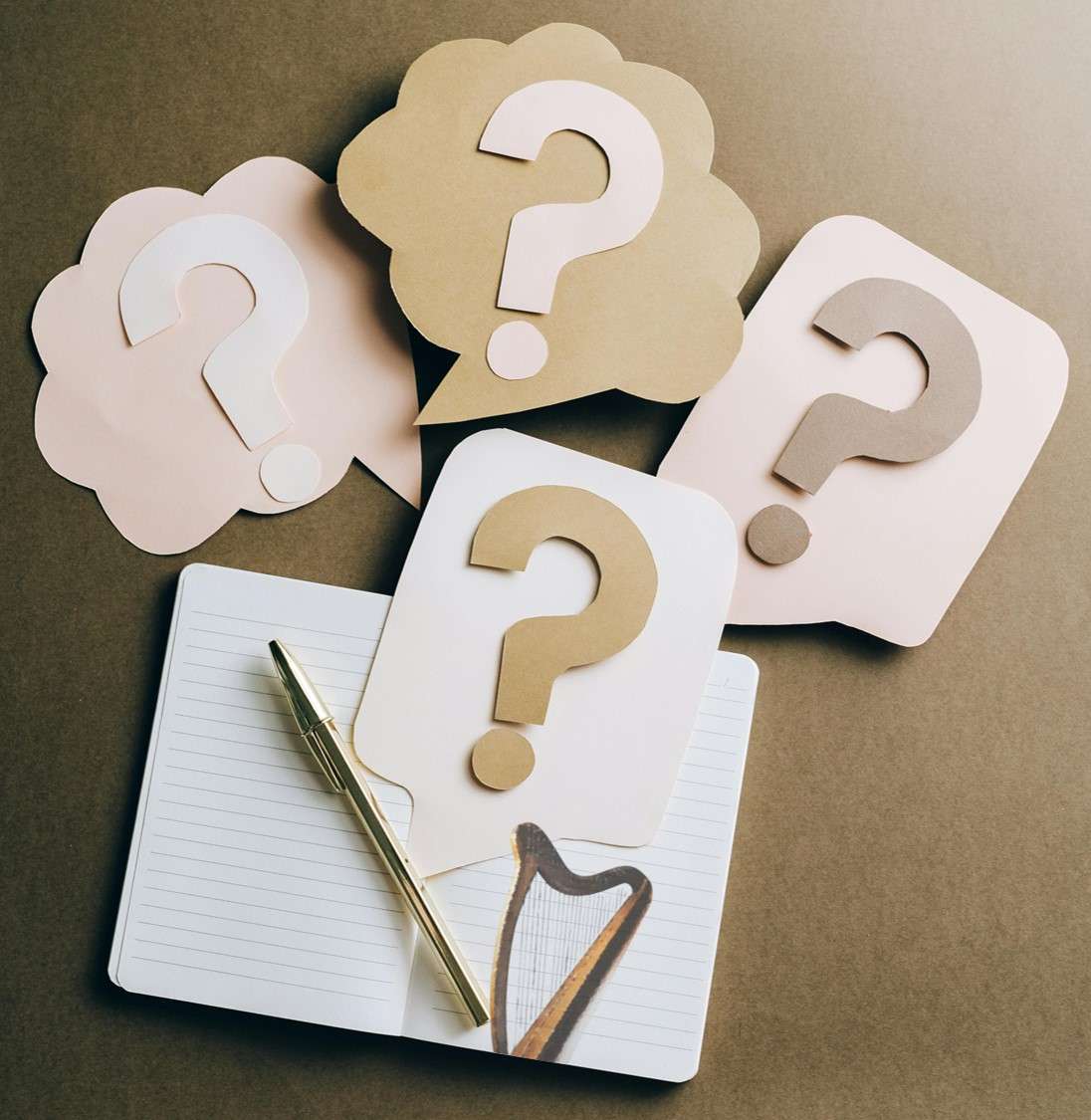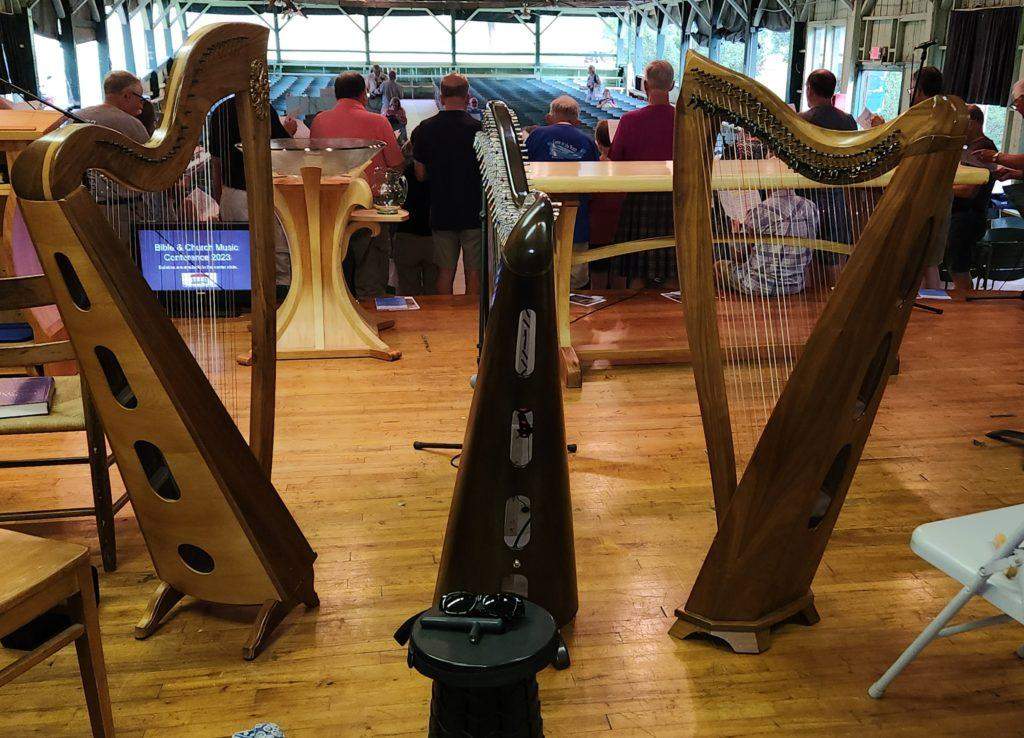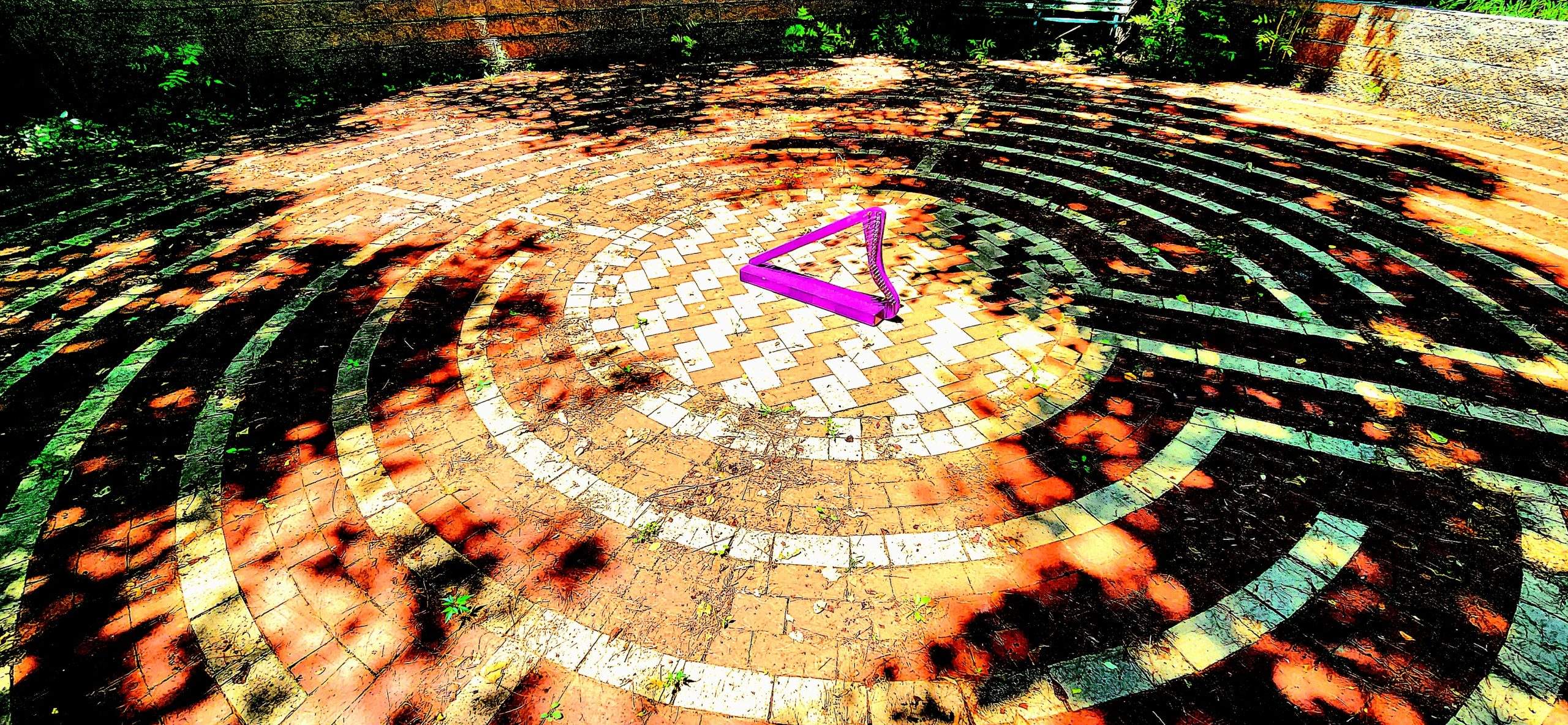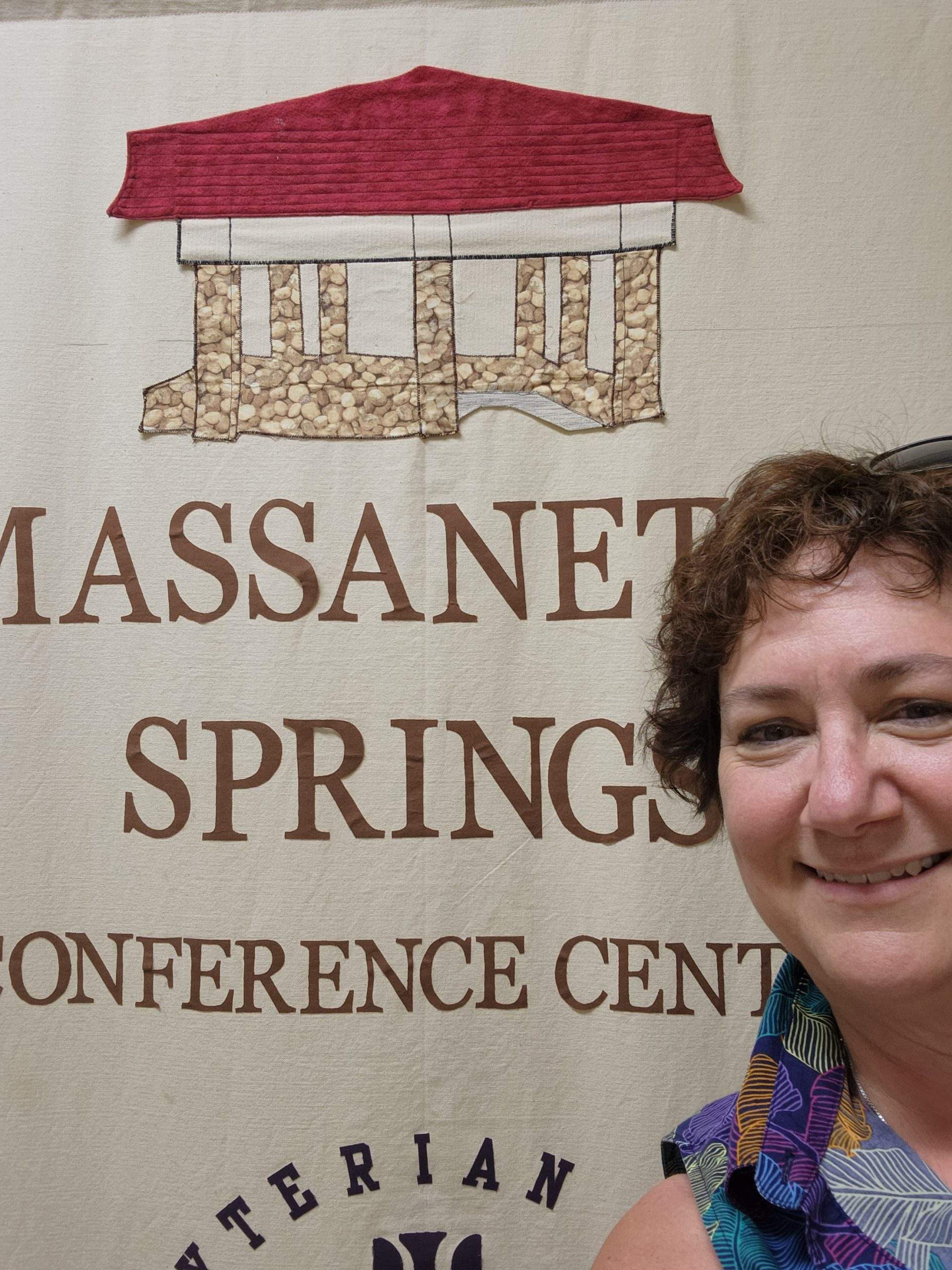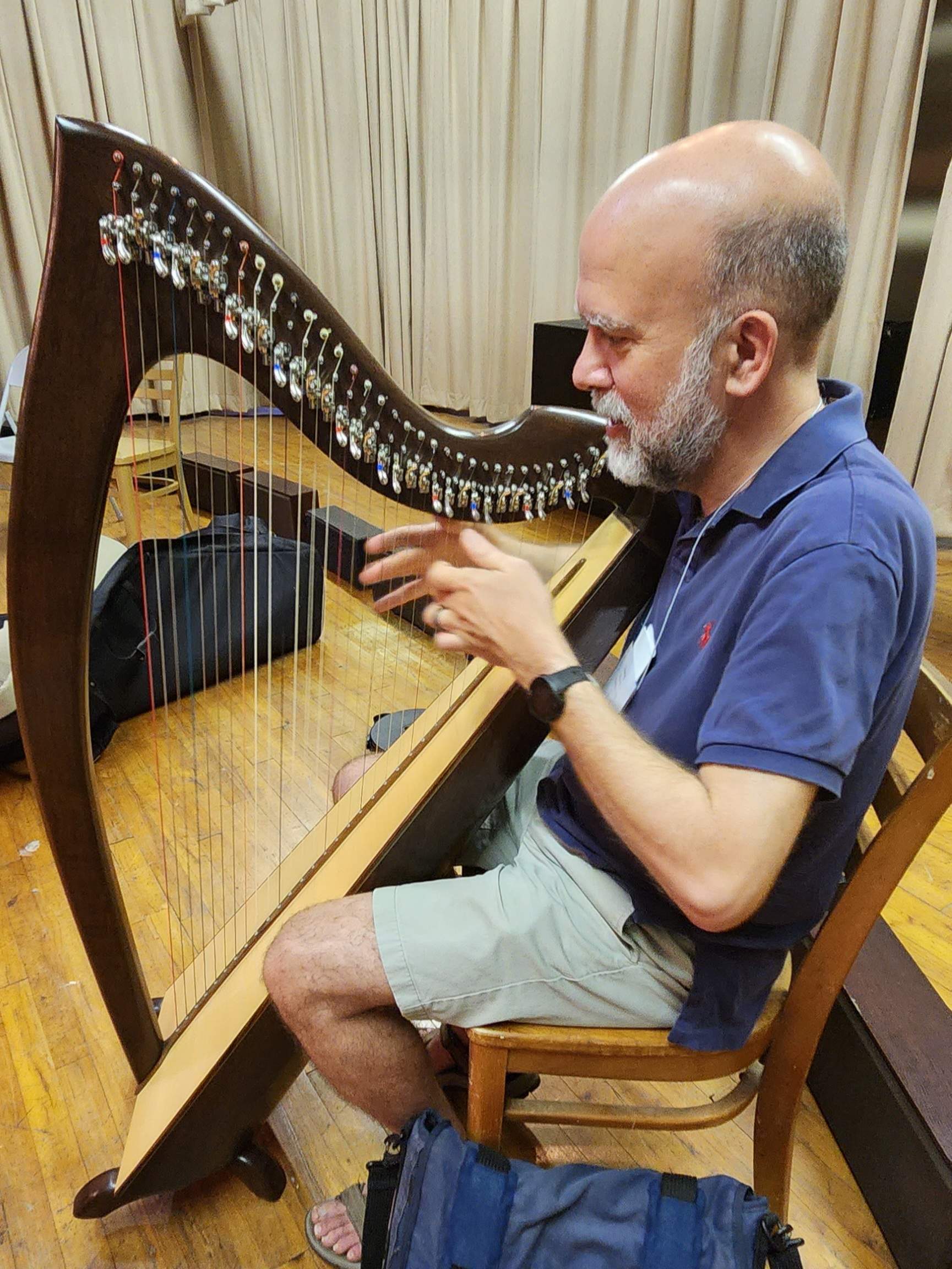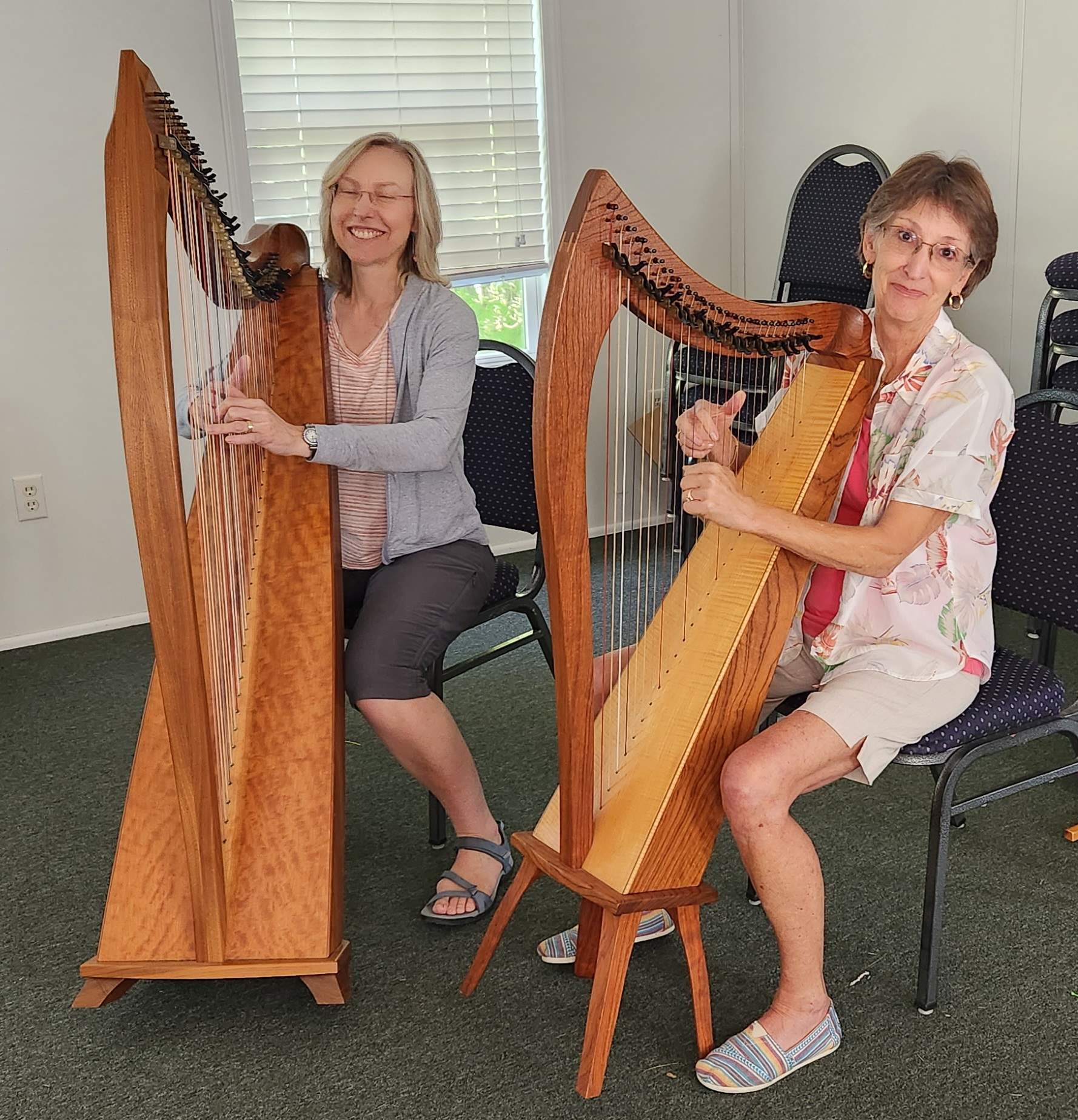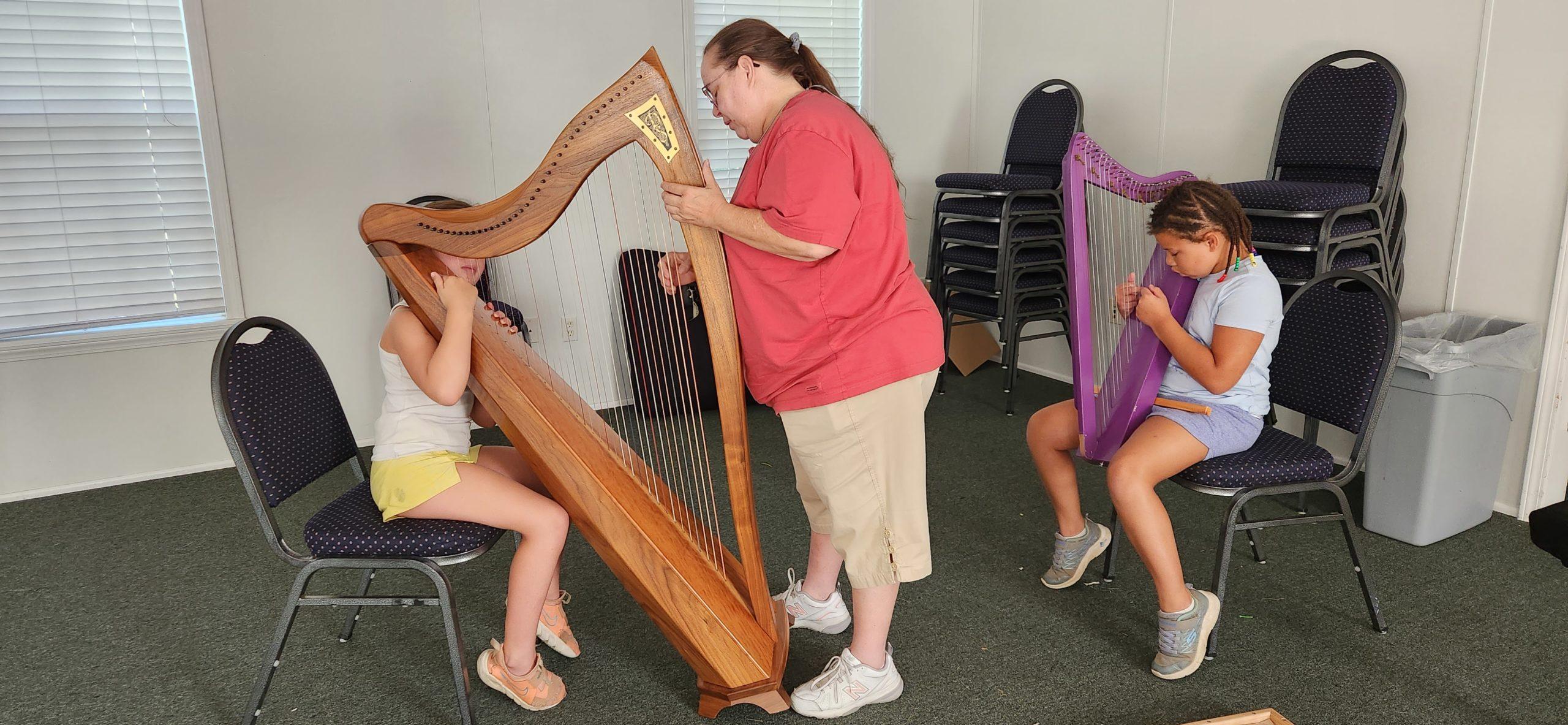One of the things that I enjoy about learning by ear is that, from the beginning, you are learning not only the notes, but also what the melody sounds like. When we go to play, that sound is what we’re trying to recreate. It’s a pretty straight line in terms of how it sounds.
On the other hand, learning the music from paper gives you memory support. All the details are there. The major aspects and the minor features. The demands as well as the suggestions. Everything you need to know all in one place, right?
Not exactly.
To be fair, the ink is doing all it can to ensure you know all the things. It’s trying to help by giving you so…many…details! It wants you to have all the information – all of it. The problem can start … when you walk up to a bar(line).

Bar lines do make the music easier to read. They provide structure in the visual representation of what becomes fairly continuous sound. They can make it easier to keep your place. They encapsulate the rhythm and pitches. Bar lines make little, easy to manage, boxes which is perfect when you’re starting on a piece.
At the same time, though, if you focus on this very helpful convention, it can obfuscate the movement of the music. If you narrow your work to between the bar lines, you can’t really get up a good head of steam because it’s over before you’ve begun. It is as if the bar lines inject a stutter to your reading (and by extension in your playing). The same thing that makes it easier to read can make it so much harder to play.
We’ve all done it – we generate kludgy fingering because we’re focused on where we are (rather than where we have come from or where we go from there). We focus between bar lines which may inhibit our taking a wider view. When we work measure by measure, we’re cutting everything into tiny bite sizes (because we are trying to digest a great deal of information). However, while measures are tight, convenient capsules of music, the music itself moves in wider swaths. While we’re taking tiny bites, the music is happening in the big gulps!
There’s no magic to avoiding this. It really requires shifting your focus from the small bites to the bigger feast (from the measure to the phrase to the movement). But the ink is visually compelling, and you might find that it is challenging to ignore how the bar lines cut up the flow. What can you do?
When we are learning (which is always!) we need to be shifting our focus throughout the process. I’m not suggesting here that you never take the small step, the tight take, the à petit four bite! Rather, you will be making small changes to your focus nearly all the time so that you can both take the wider view and the note-by-note examination as you continue to learn and develop a piece.
It’s sort of like driving – you look way ahead, at the car next to you, at your speedometer, at the lane lines, and back out again – always shifting your focus to manage the entire task.
The bar line is a useful guard rail, but you will also need to take the broad strokes across those same bar lines. You can do this when you notate your music to capture both the movement of the music (wide view) and the fingering (much narrower view).
Start by trying to ignore those bar lines. No, really, work as if they are not there. If that doesn’t work, you could use Wite-Out to literally remove them! (I am not kidding – this is why I always suggest you make multiple copies so you have plenty to work from while you mark and modify throughout the playing life of the piece!)
Some of us are loathe to write on our music (I’m not finger pointing – I always think I have make copious markings, but when I get back to the music, I see that it’s hardly marked at all). Write in your fingering so you can plan ahead – especially when crossing the bar line so that your fingering makes sense. Mark your phrasing. Draw in your big (long) dynamics. – so that you can learn that too (remember there are so many things to absorb when learning a tune!).
So, the next time you start an anecdote with, “A Harper walked into a Bar…” you’ll already know how to duck! Do you have a strategy for working across the bar line? Let me know with a comment!
